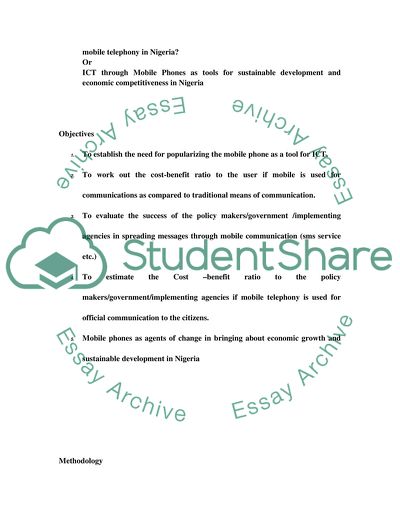Cite this document
(Project Management Techniques in the Information Sector in Nigeria Case Study, n.d.)
Project Management Techniques in the Information Sector in Nigeria Case Study. Retrieved from https://studentshare.org/information-technology/1552594-critical-evaluation-of-project-management-techniques-in-information-sector-in-nigeria
Project Management Techniques in the Information Sector in Nigeria Case Study. Retrieved from https://studentshare.org/information-technology/1552594-critical-evaluation-of-project-management-techniques-in-information-sector-in-nigeria
(Project Management Techniques in the Information Sector in Nigeria Case Study)
Project Management Techniques in the Information Sector in Nigeria Case Study. https://studentshare.org/information-technology/1552594-critical-evaluation-of-project-management-techniques-in-information-sector-in-nigeria.
Project Management Techniques in the Information Sector in Nigeria Case Study. https://studentshare.org/information-technology/1552594-critical-evaluation-of-project-management-techniques-in-information-sector-in-nigeria.
“Project Management Techniques in the Information Sector in Nigeria Case Study”. https://studentshare.org/information-technology/1552594-critical-evaluation-of-project-management-techniques-in-information-sector-in-nigeria.


